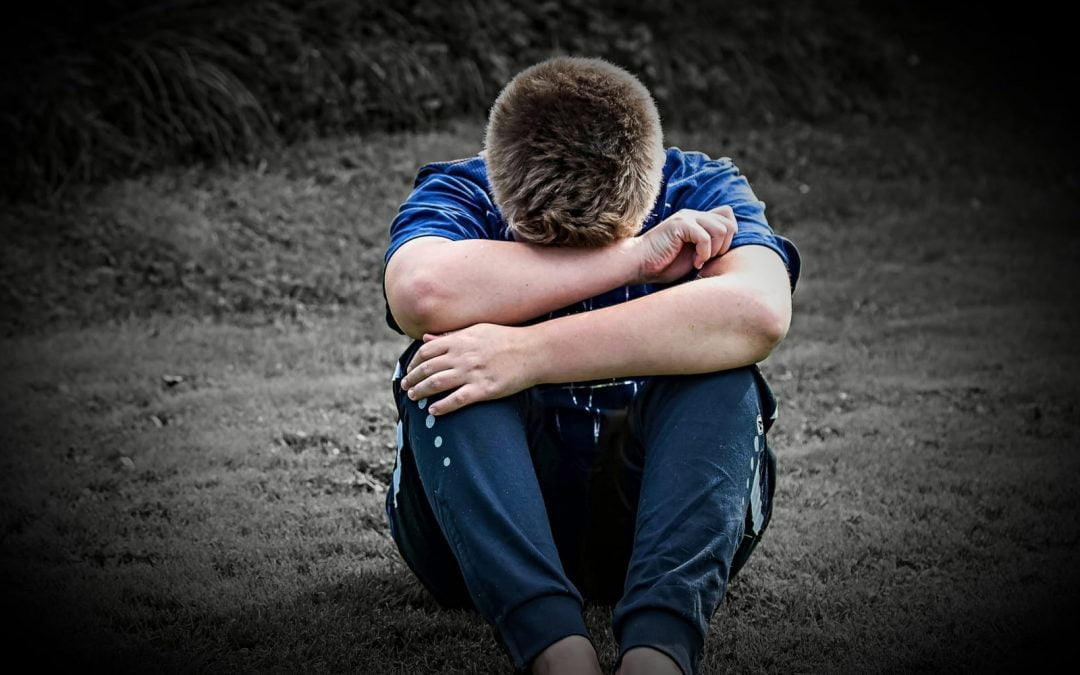Cussing. Swearing. Using “wordy-dirds.” Or, as Captain America puts it, “Language!”
Whatever you call it, profanity is a contentious topic. Some people balk at any reference to four-letter words, while others sprinkle them into conversation without missing a beat.
They make some adults blush, most children giggle, and every stubbed toe feel just a little bit better.
But what really makes these words bad, anyway? Sure, they’re impolite in many social circumstances. Some might even call them offensive. You probably wouldn’t use them in front of your grandma.
But is there anything about the words we consider “cuss words” that makes them innately negative or destructive?
Lately, I’ve started to wonder if we’re focusing our attention on the wrong kinds of words.
Because I’ve noticed that the people who spend the most time avoiding cuss words tend to be the most likely to overlook something a lot more dangerous: slurs.
Slurs are words used to demean, dehumanize or otherwise disrespect a human being or group of human beings, usually based on some sort of stereotype.
These words are objectively, morally reprehensible because they are created and used with the intention of causing harm, something we all know that language can do.
In short, these words are hateful, and that is what makes them bad words.
I’ll give one example, and I hope I handle it tastefully. I have been horrified by the rampant, relentless use in our culture of the “r-word.”
Originally used as a medical term to refer to someone with an intellectual disability, this word has been hijacked by popular culture and used to refer to someone who is stupid, foolish or nonsensical.
And that misappropriation, that use of the term as a way to insult another person, has rendered it a slur.
I’m not saying that people who use the r-word mean to be hurtful by using it. They probably just heard the term in grade school and started using it without thinking about what it actually means.
But here’s the thing: It doesn’t matter your intention. A slur is a slur, and it’s immensely hurtful to those affected by it.
Many of us are privileged enough to have no experience whatsoever with the feelings of marginalization and devaluation that come with being identified with a word that’s used as a slur, and so it’s hard for us to picture what that’s like.
But others aren’t so lucky. Though it may go unnoticed to us, their pain is real.
We don’t have the right to look at someone who’s already had a rough go of it and say, “Your experience doesn’t matter. Only mine does.” Those words don’t belong to us; they belong to those affected by them.
And when we misapply them, it is an attack on the identity and self-esteem of people who have struggled enough as it is. People who have done nothing wrong. People who deserve our consideration and respect.
It’s an exercise in empathy, and that’s not an easy thing to do. But if we’re going to be good, kind, loving people, then monitoring our language and removing hate speech must be a part of that.
Being sympathetic involves recognizing the experiences of others as equally valuable as our own, and sometimes, that means adjusting the words we use to make the world a more welcoming place for others.
Some might ask, “If we start down this road, when will it end?” And here’s my answer: It’ll end when we’ve removed every single insensitive, hateful slur from our language. Every last one.
They have no place in decent society, and it’s wrong for us to participate in the marginalization of others.
It may not matter much to you because it doesn’t affect you or your loved ones personally, but it’s a daily struggle for those who’ve already been mistreated and cast aside already, as well as countless others who love them.
Ableism. Racism. Sexism. Classism. Ageism. We communicate all of these biases and more when we use slurs in our everyday language.
I, for one, am committed to removing all of them from my speech, and I hope you will be too.
Avoiding cuss words is great if that’s what you feel led to do, but if you continue to allow this sort of hate speech into your conversation, then you’re still using bad words.
Let’s agree to work together and remove them all, shall we?
Editor’s note: This is the first article in a new series focused on engaging the emerging generations of faith leaders. Learn more about EthicsDaily.com’s “Emerging Voices” and “U:21” series here.
Devon Dundee lives in Greenwood, Arkansas, with his with wife Katherine and their dog Winter. He currently serves as media pastor at Cavanaugh Free Will Baptist Church.

